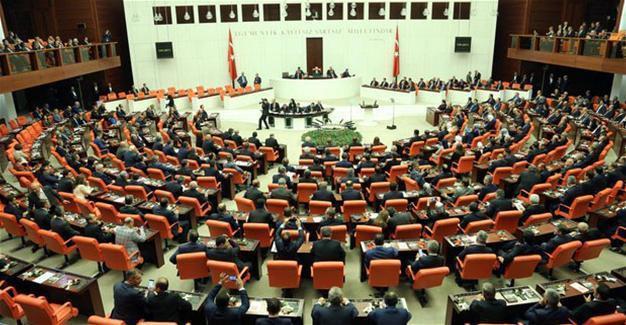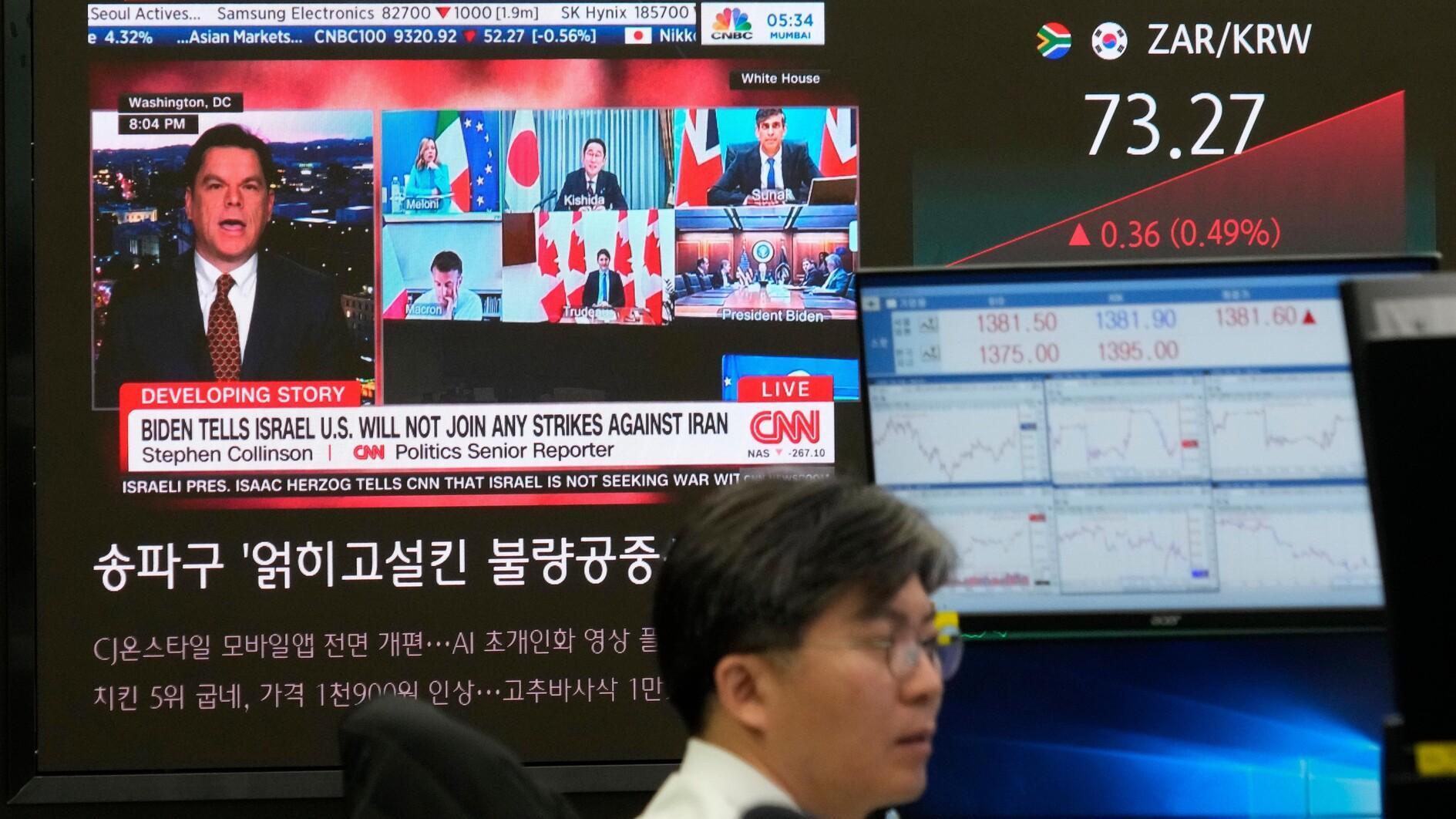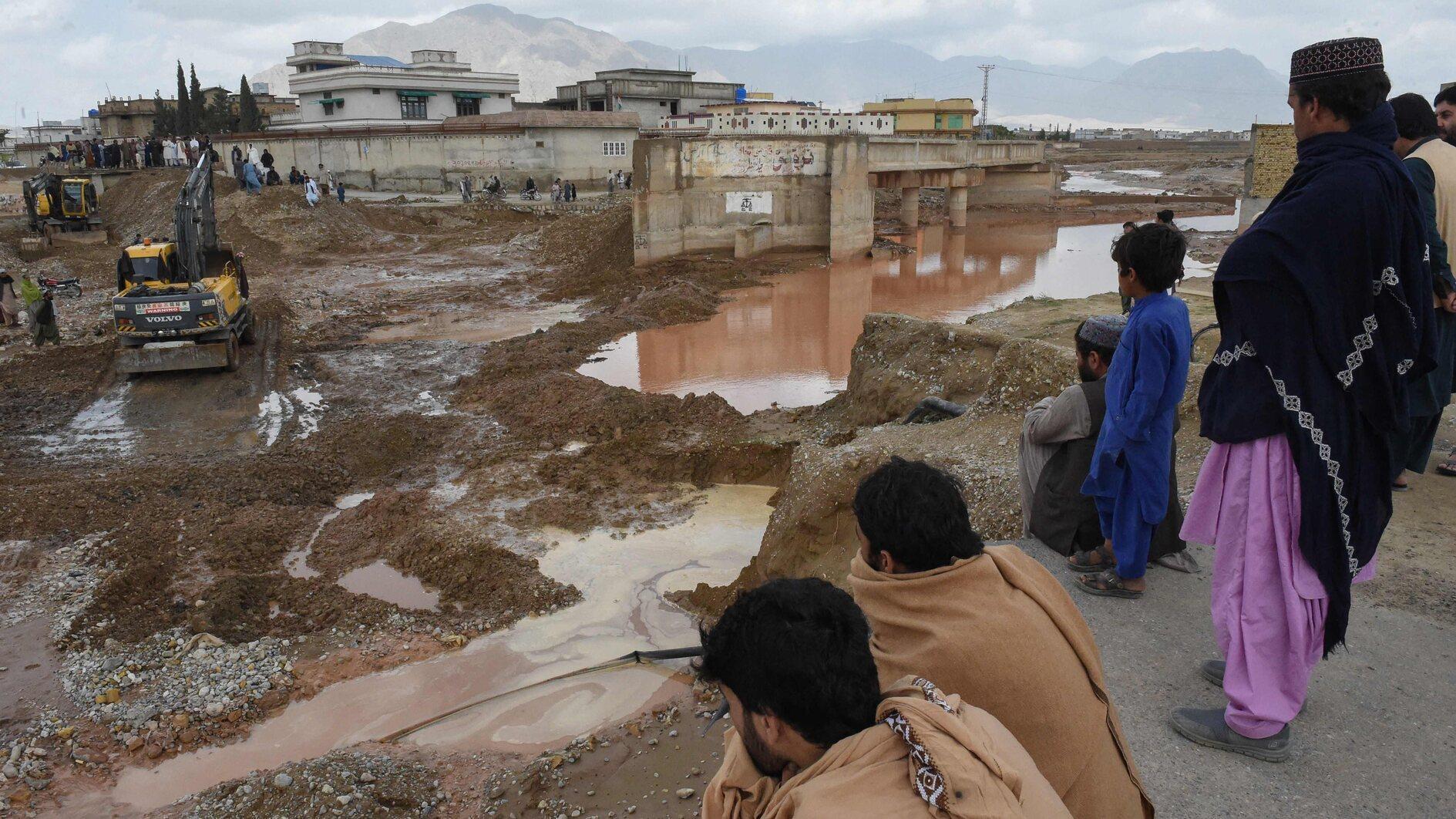AKP proposes parliament commission to discuss decree laws
ANKARA
 The ruling Justice and Development Party (AKP) has proposed the establishment of a parliamentary commission that will include representatives of all four parties in the legislature in an effort to receive the opposition’s views on the decree laws issued during the state of emergency.
The ruling Justice and Development Party (AKP) has proposed the establishment of a parliamentary commission that will include representatives of all four parties in the legislature in an effort to receive the opposition’s views on the decree laws issued during the state of emergency.“Authorization to issue decree laws belongs to the government. What we want to do is to conduct the process cooperatively,” Deputy Prime Minister and government spokesperson Numan Kurtulmuş said on Oct. 3 speaking after the cabinet meeting.
This is not a delegation of authority, he stressed, adding that they would only receive the opinions of the other parties about the issue.
The “technical commission” proposal came after the Republican People’s Party’s (CHP) appealed to the Constitutional Court for an annulment of the decree laws, except the first one agreed with the AKP.
On Oct. 3, the AKP’s Naci Bostancı discussed the issue of establishing a parliament commission with the opposition parties’ group deputy chairpersons.
The AKP’s group deputy chairman, Mustafa Elitaş, said decree laws that the CHP has demanded be annulled, could be discussed at the commission.
Meanwhile, the Turkish government has extended the state of emergency, first implemented in the aftermath of the July 15 coup attempt, for an additional three-month period.
“One of the decisions taken by the cabinet is an extension of the 90-day state of emergency and its renewal from 1 a.m. on Oct. 19,” Kurtulmuş told reporters.
The Turkish constitution gives parliament the right to extend the duration of a state of emergency by a maximum period of four months, each time at the request of the cabinet.
The extension of the state of emergency comes four days after the National Security Council (MGK), convened under President Recep Tayyip Erdoğan, recommended its prolongation.
A number of political figures had already voiced their support for an extension of the state of emergency.
Addressing neighborhood heads in Ankara on Sept. 29, Erdoğan said Turkey’s fight with terror needed more time as it is so “deep” that it could not be solved in just three months.
The Nationalist Movement Party (MHP) also expressed its support for the extension, saying the fight against those behind the July 15 coup attempt was continuing at all levels and that this was “natural and right.”
However, main opposition Republican People’s Party (CHP) head Kemal Kılıçdaroğlu objected to the extension period, voicing concerns over the growing number of complaints of “reckless measures” resulting from decree laws under the state of emergency.
After the failed coup attempt, which killed more than 240 people and injured nearly 2,200, the government declared the state of emergency for three months on July 21 in a bid to target the Gülenist network and its undercover members within the state.
According to the Turkish Constitution, a state of emergency can be declared for a maximum period of six months.
To enact the state of emergency, the government must see serious indications of widespread violence that could interfere with Turkey’s democratic environment or its citizens’ basic rights and freedoms as established by the constitution.
















